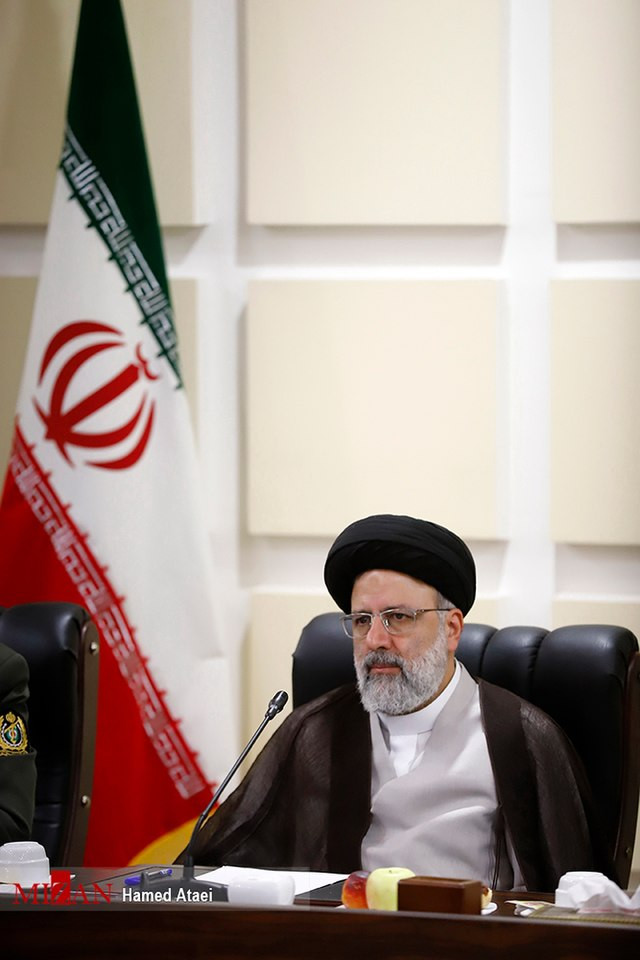Iranian President Ebrahim Raisi, a hardline protege of Supreme Leader Ayatollah Ali Khamenei, has died at the age of 63 in a helicopter crash near the Azerbaijan border. The incident, which occurred on Sunday in poor weather conditions, also claimed the lives of Foreign Minister Hossein Amirabdollahian and six other passengers and crew members.
Raisi, who was elected president in 2021 in a carefully managed vote, had been instrumental in overseeing mass executions of thousands of political prisoners in 1988 and later led the country as it enriched uranium near weapons-grade levels, launched a major attack on Israel, and experienced widespread protests following the death of Mahsa Amini in morality police custody.
Supreme Leader Khamenei, who holds ultimate power in Iran, announced that First Vice President Mohammad Mokhber would take over as interim president and declared five days of public mourning. Under the Islamic Republic's constitution, a new presidential election must be held within 50 days.
The crash comes at a time of growing dissent within Iran over an array of political, social, and economic crises, as well as mounting international pressure over Tehran's disputed nuclear program and deepening military ties with Russia during the war in Ukraine. The death of Raisi, who was seen as a strong contender to succeed Khamenei, has dealt a significant blow to Iran's leadership.
Footage from the crash site showed the wreckage of the U.S.-made Bell 212 helicopter scattered on a foggy hillside, with no signs of life detected among the passengers. Rescue teams fought through challenging weather and terrain conditions to reach the site, where they found the charred remains of the aircraft.
Messages of condolence poured in from Iran's regional neighbors and allies, including the leaders of Saudi Arabia, Syria, Egypt, the United Arab Emirates, Qatar, Jordan, Iraq, and Pakistan. Russian President Vladimir Putin called Raisi "a true friend of Russia," while Indian Prime Minister Narendra Modi expressed his shock and sadness at the news.
Iran-backed militant groups, such as Hamas and Hezbollah, also issued statements mourning Raisi's death, while the exiled opposition group, the National Council of Resistance of Iran, described the incident as a "monumental and irreparable strategic blow" to the Islamic Republic.
Raisi's rise to power came at a time of heightened tensions between Tehran and Washington, following the U.S. withdrawal from the nuclear deal in 2018. Despite his stated desire to rejoin the accord, Raisi's administration pushed back against international inspections of nuclear facilities and engaged in a shadow war with Israel that escalated into direct confrontation last month.
The late president's domestic policies were marked by a tightening of morality laws and a bloody crackdown on anti-government protests that followed the death of Mahsa Amini in September 2022. A United Nations investigative panel later found Iran responsible for the "physical violence" that led to Amini's death.
Born in Mashhad in 1960, Raisi came from a family that traced its lineage to Islam's Prophet Muhammad. He pursued a religious education in Qom and later served on the infamous "death commissions" that handed down death sentences to thousands of political prisoners and militants in 1988.




